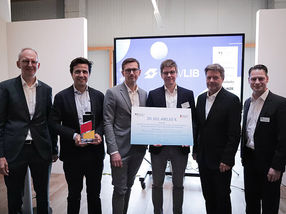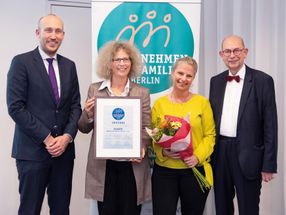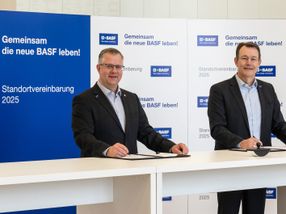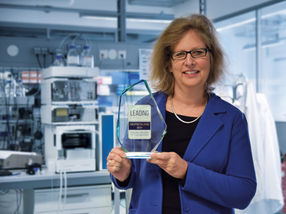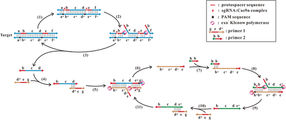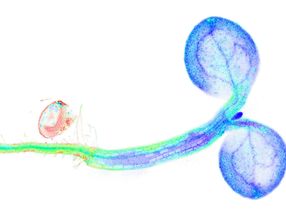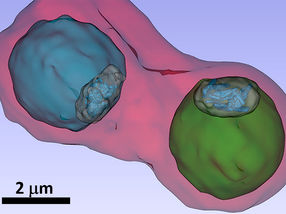Young Employees Seek More Scope for Creativity
For one in three entry-level employees, scope for initiative is essential for innovation
Managers and entry-level employees have radically different opinions as to what the most important innovation drivers are. Thirty-four percent of young professionals would like to see more scope for employees. Their bosses do not see this as such a clear top criterion: only five percent of them consider scope for employees to be decisive. These are some of the findings of the cross-sector study Industry Innovation Index 2015. For this study, the specialty chemical company ALTANA commissioned the Forsa Institute to survey 250 top decision-makers and 250 entry-level employees with between one and five years career experience in German industrial enterprises.
The young professionals consider a good working atmosphere to be the second most important factor for innovation. Fourteen percent of them cite it as a decisive criterion. Only two percent of experienced managers concurred. Third place in the young professionals' ranking, with twelve percent, is the time factor, for instance for sharing insights with colleagues in order to jointly develop new ideas. Only two percent of managers see this as necessary.
Overall, the managers' answers to the open question as to the most important innovation drivers are much more varied and less concrete. The factors they cite most often, with eight percent each, are creating and living an innovation culture, greater motivation or involvement of employees and the right human resources policy and selection.
Promote unconventional ideas, don't obstruct them
"The managers are more focused on the big picture, as they should be," says ALTANA CEO Dr. Matthias L. Wolfgruber. "But when it comes to framing concrete actions to promote innovative strength, they should be open to employees' concrete suggestions." One key factor is the appreciation of unusual proposals. German industrial managers show a great deal of untapped potential here: at present, 30 percent of entry-level professionals say without reservation that they receive appreciation. Forty-one percent say that supervisors never obstruct ideas. "Creative suggestions should always be respected," Wolfgruber says. "These don't always have to be strokes of genius that are implemented immediately. Innovation culture means being willing to knowingly embark on seemingly false paths conceptually."
Most read news
Organizations
Other news from the department career

Get the chemical industry in your inbox
By submitting this form you agree that LUMITOS AG will send you the newsletter(s) selected above by email. Your data will not be passed on to third parties. Your data will be stored and processed in accordance with our data protection regulations. LUMITOS may contact you by email for the purpose of advertising or market and opinion surveys. You can revoke your consent at any time without giving reasons to LUMITOS AG, Ernst-Augustin-Str. 2, 12489 Berlin, Germany or by e-mail at revoke@lumitos.com with effect for the future. In addition, each email contains a link to unsubscribe from the corresponding newsletter.




